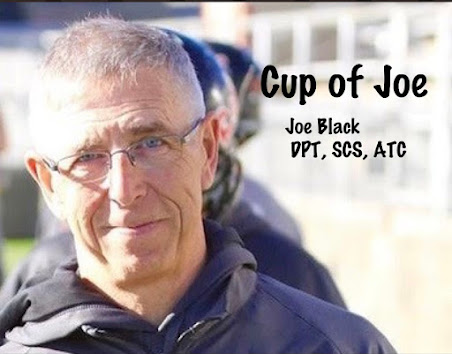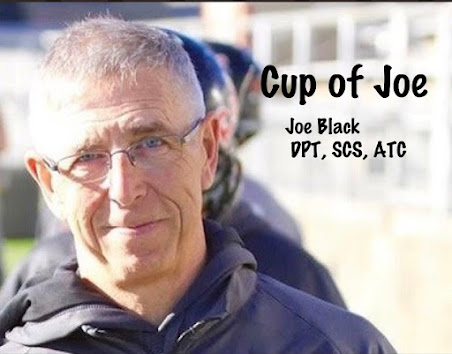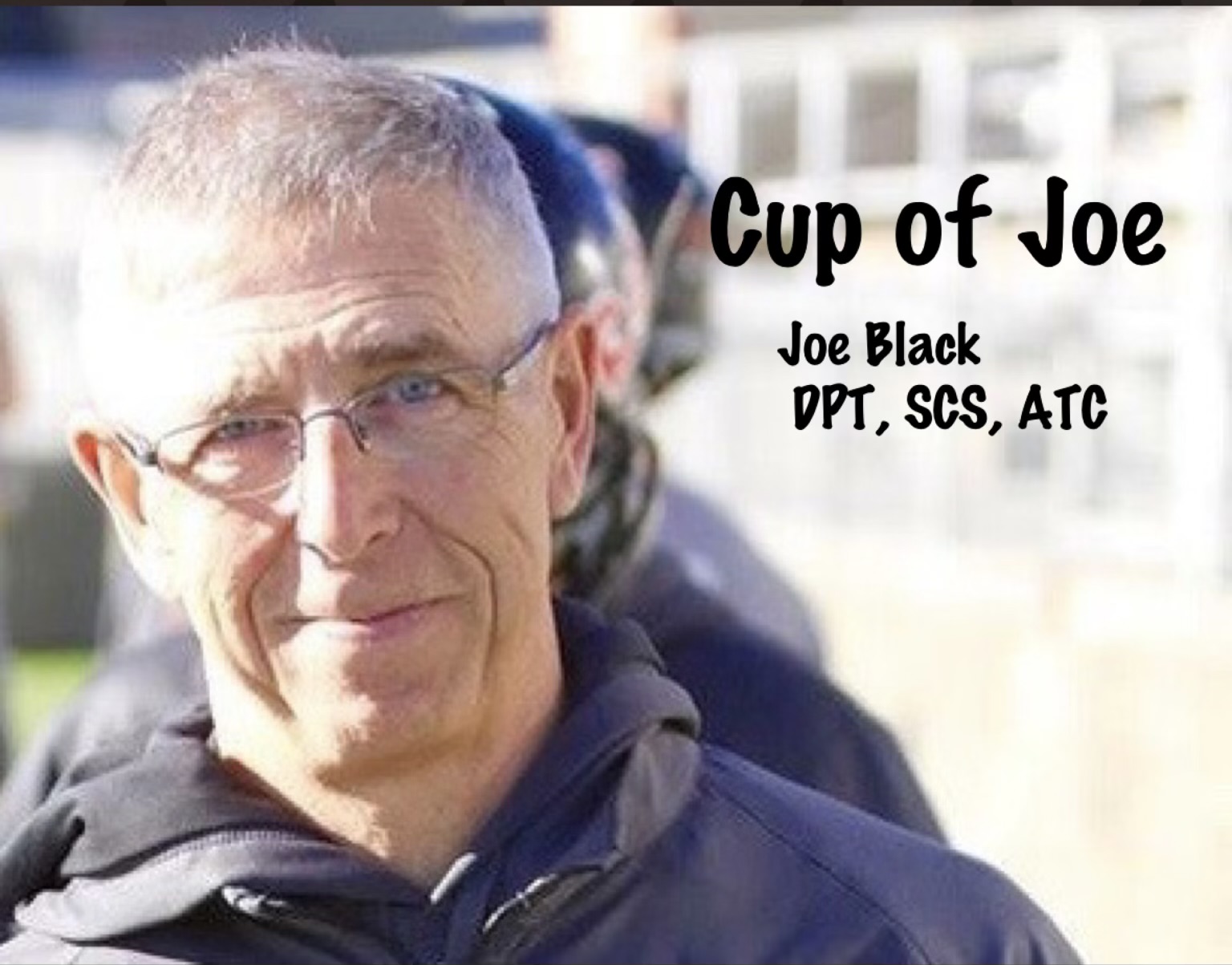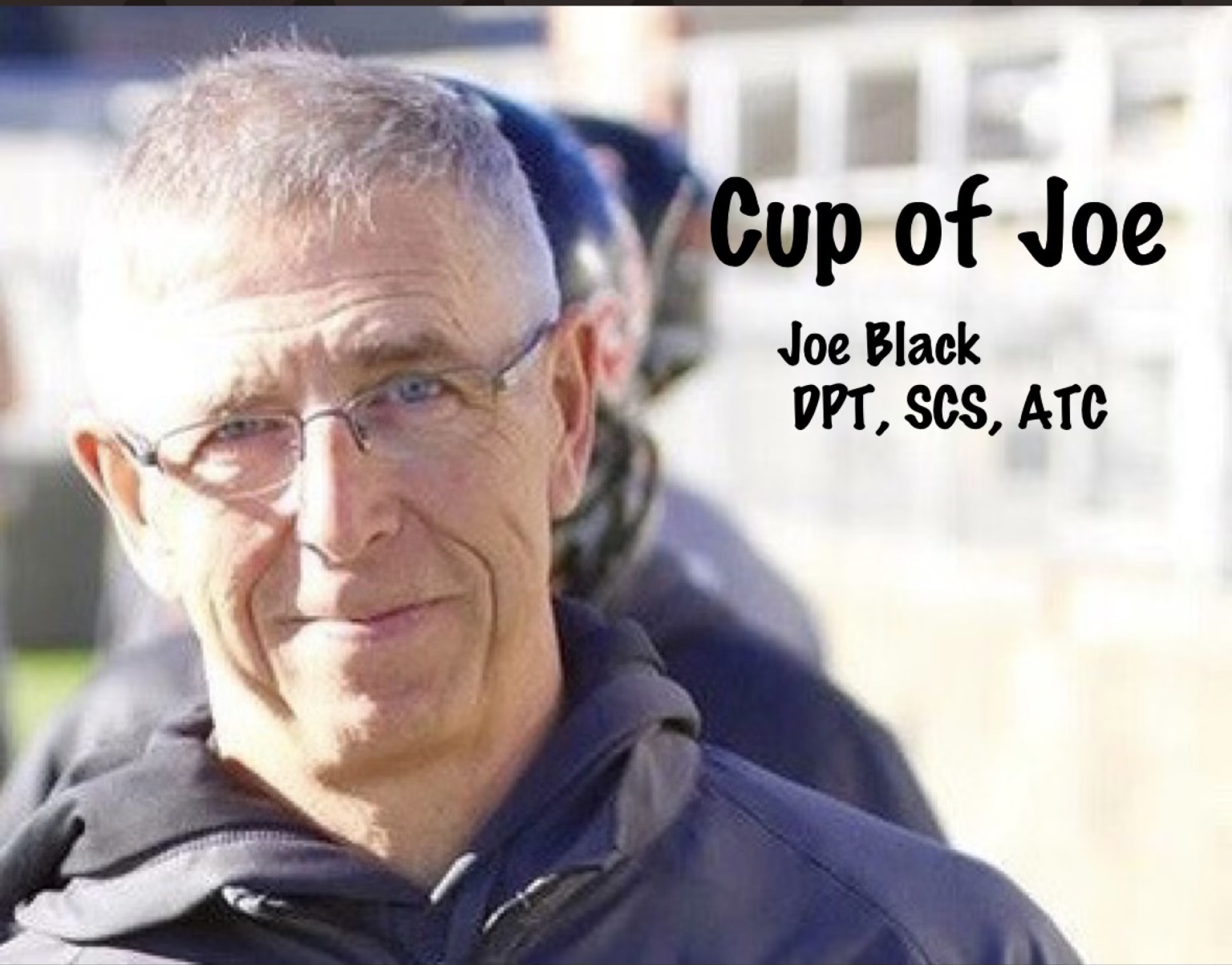I saw a high school basketball game last week. That might not seem particularly odd, unless
you consider that I haven’t seen a high school basketball game in probably 5
years. Now that’s odd. At least for me.
I’ve seen a lot of basketball games. A LOT of basketball games. Legendary coach Galen Johnson and I used to
sit together at games and the conversation often turned to which of us had seen
more basketball games.
I’m pretty sure he won that contest but it doesn’t change
the fact that both of us had seen a ton of games. For most of those, I was working. My role as an athletic trainer and sports
physical therapist put me on the sidelines of many, many games.
My own kids played until mid-way through high school, when
they quit to focus on what ultimately were their best sports.
I coached travel basketball for several years, coaching both
girls and boys teams. And I played a lot
of basketball, finally hanging up my sneakers at age 59.
This game that I attended was William Blount versus
Heritage, and the gym was packed. I was
mostly there to see a couple of girls that I got to know through their rehab.
One is still sidelined by knee problems but the other is joyously healthy after
going through ACL reconstruction and months of physical therapy.
I thoroughly enjoyed it.
I saw people that I hadn’t seen in years. I got to watch the work of coaches that I
admire. And I saw hustle and a level of play that I don’t remember seeing often
back when I was attending 3-5 games a week.
I sat between two friends and enjoyed every minute of it. I
listened when fans disagreed with the referees (don’t they always?) and found
that I could observe the game with great objectivity, certainly more than back
when I had a kid on that court.
So, here’s my takeaway—basketball is an amazing game…a game
that is a joy to play and a joy to watch.
I often wish I had stayed with it.
Football was my sport, but I might have been better at basketball if I
stuck to it. I know that I was able to play basketball a lot longer than any
other sport I’ve done.
Injuries do occur—that is undeniable, but isn’t it still
true that “nothing ventured, nothing gained?” I still believe in the value of
sports.
I believe that the lessons that we learn from sports
participation prepare us better for life. It is just those very lessons,
learned on the fields of friendly competition, that teach us how to work with
others, to get the best out of ourselves, and how teamwork really functions.
I believe that moving our body, purposefully while pushing
our physical limits, helps us to lead healthier, happier lives.
I enjoyed that game. I enjoyed the kiddos that I came to see
and others that I maybe didn’t. I enjoyed picking out which players had parents
that I took care of when those parents were on that same court (there were
many).
I enjoyed the spirit and the effort and the game. I think
I’ll be going back.
















